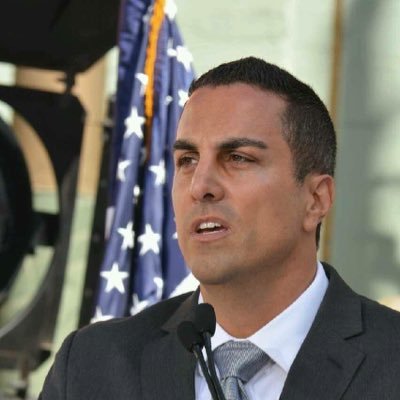
Former Assemblyman Mike Gatto. (Twitter)
Ballot Issue On Homeless Crimes And Setting Up A Homeless Court May Be Up For A Vote Next Year
The measure would also include increased treatment options for the homeless
By Evan Symon, October 11, 2019 2:49 pm
A ballot issue over the crimes, sentencing, and treatment of homeless people in California could be hitting voting booths next year.
The issue, called the Compassionate Intervention Act, proposes a unique solution to the homeless crisis in California. All crimes commonly attributed to the homeless, such as hard drug use and aggressive panhandling, would be completely enforced by police. However, instead of being sent to a normal court, they would be sent to a special homeless court. There, unlike blanket rulings in normal court sessions, those convicted will be charged due to the factor, such as having a mental illness or because of money or drug need.
From there, the perpetrator would be given a sentence, which could include access to a homeless shelter, being sent to rehab, being sent to a mental hospital, or some other ruling that would identify, and then act on what specific type of help is needed. The charge would subsequently be removed from their police record after the sentence is completed.
Only California counties with over 100,000 would have such a court and system in place.
Former Assemblyman Mike Gatto (D-Los Angeles), has proposed the initiative. After living in and serving in Los Angeles districts hit hardest by homelessness, Gatto is proposing a radical solution for a major problem.
“When someone breaks the law, it should be enforced,” Gatto said in a press statement. “However, certain criminal acts should be treated not as something meriting harsh punishment, but as a ‘cry for help.’”
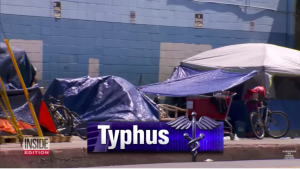
“It is not humane to leave people who need help on the streets. This initiative would use the existing system and laws already on the books to get people the help they need,” Gatto said. “We the people must go to the ballot box on this issue, because governments everywhere have let us down, and have let down the people on the streets.”
The reaction to the initiative have been mixed. Law enforcement, homeless advocates, and those in law who involved in homeless cases have generally been in support of the measure on the ballot.
“We’re stretched thin on this,” said Matt, an LAPD patrolman. “What it amounts to is a lot of quality of life crimes, if we even charge them. If a homeless man relieves themselves on someones lawn, you would expect they be arrested and charged. But then they’ll be right back out in the same place in a few days or less.”
“With their own court, they’re going to get help and make our lives easier.”
There has also been much early opposition to this, most notably by citizens groups and health officials. The Globe talked with two health care professionals who work with the homeless but didn’t want their quotes to be of record. Both of them said, despite any treatment and help they get, at the end of the day, if they aren’t given permanent housing, a job of sorts, and constant access to health care, it won’t do much.
Even Officer Matt partially agreed.
“Help is possible,” he said. “But the solution, the honest solution, is a lot more money invested in these systems. When I walk or drive around LA I often have to help solve issues with homeless people, and many had gone through rehab or had through courts a dozen times. It helps a few, and getting a clean record may help more find a job, but without greater funding, the court system can only help in certain ways.
We need to fund more programs, more outreach. Yes, it would make my job so much easier in some regards, but it would also put less a strain on taxpayers in the long run.”
Gatto’s proposal does state where some funding will come from for mental health programs and courts: The “Millionaire’s Tax,” which currently collects 1% from those people making $1 million or more a year. But it leaves a lot out, such as where funding will come from for other treatments such as rehab.
The proposal is currently collecting signatures to appear on the ballot next year. So far, besides Gatto himself, no major donor or high-profile supporter has come forward to support the issue.
- Bill to Require Law Enforcement Disclosure if AI Was Used To Help Write Reports - August 7, 2025
- Gov. Newsom Files FOIA Request To ‘Expose True Cost’ Of L.A. Federal Troop Deployment for Anti-ICE Riots - August 6, 2025
- California Redistricting: How Newsom’s Plan Will Demolish Hard Fought GOP Gains - August 6, 2025


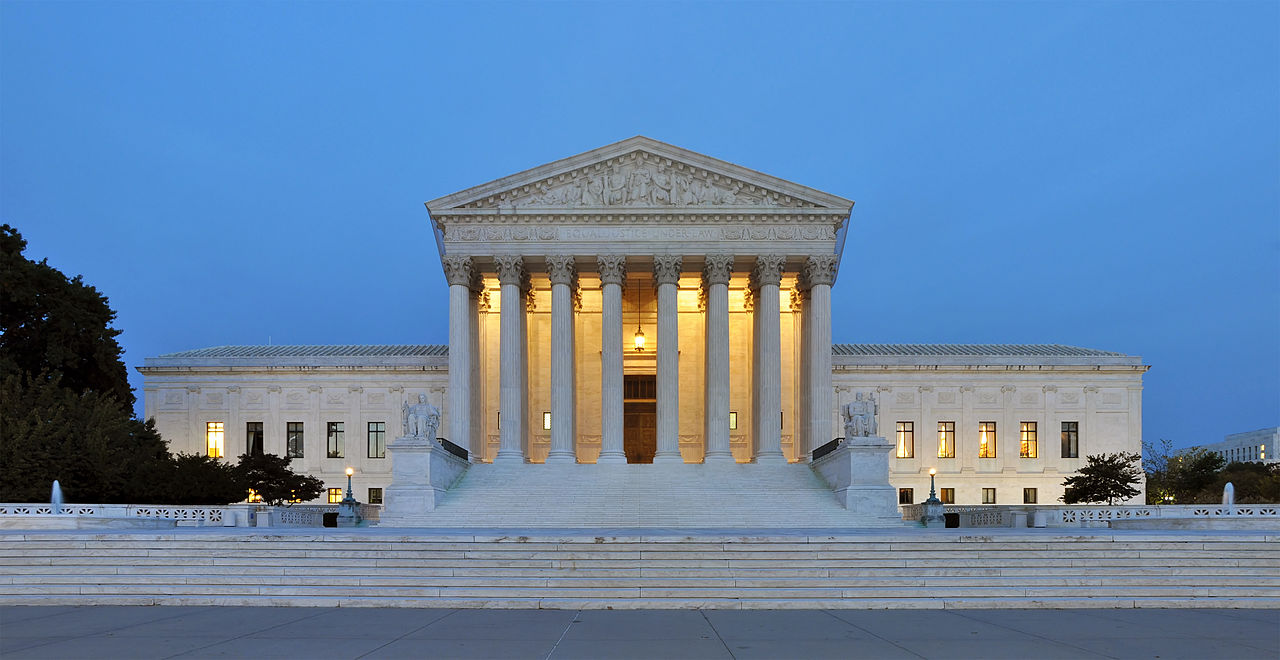
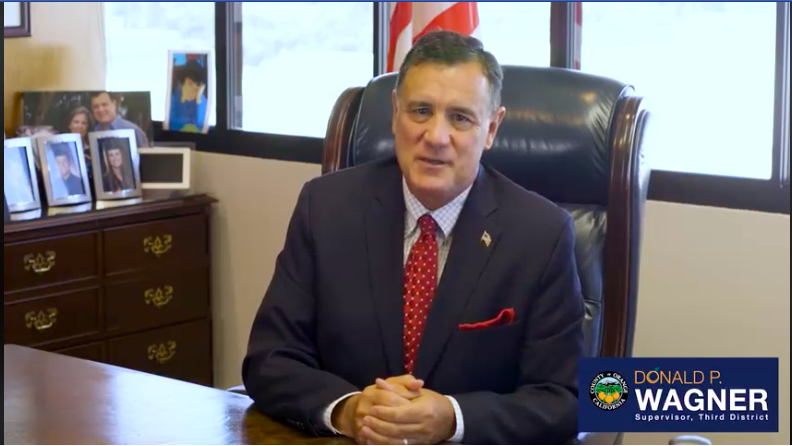
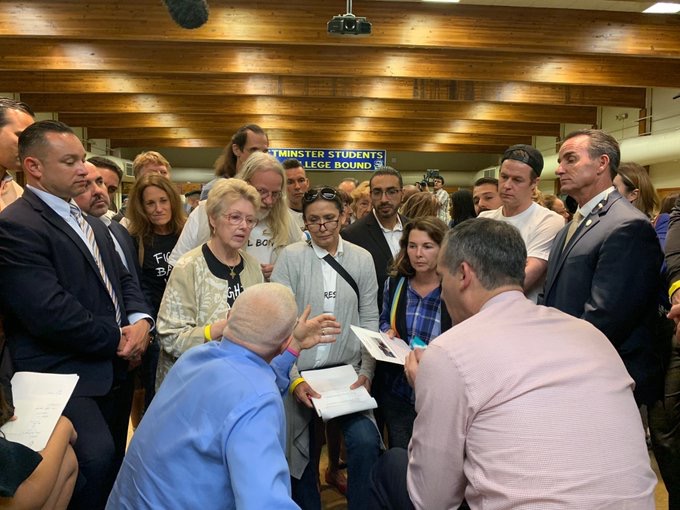
Sorry but there is no reason our usual courts can’t do the same thing. This is a BS law and will only end up costing voters more money. We’re tired of homeless people getting special treatment if this is on a ballot look for it to be defeated.
If you need the money for drugs then crime is not criminal?